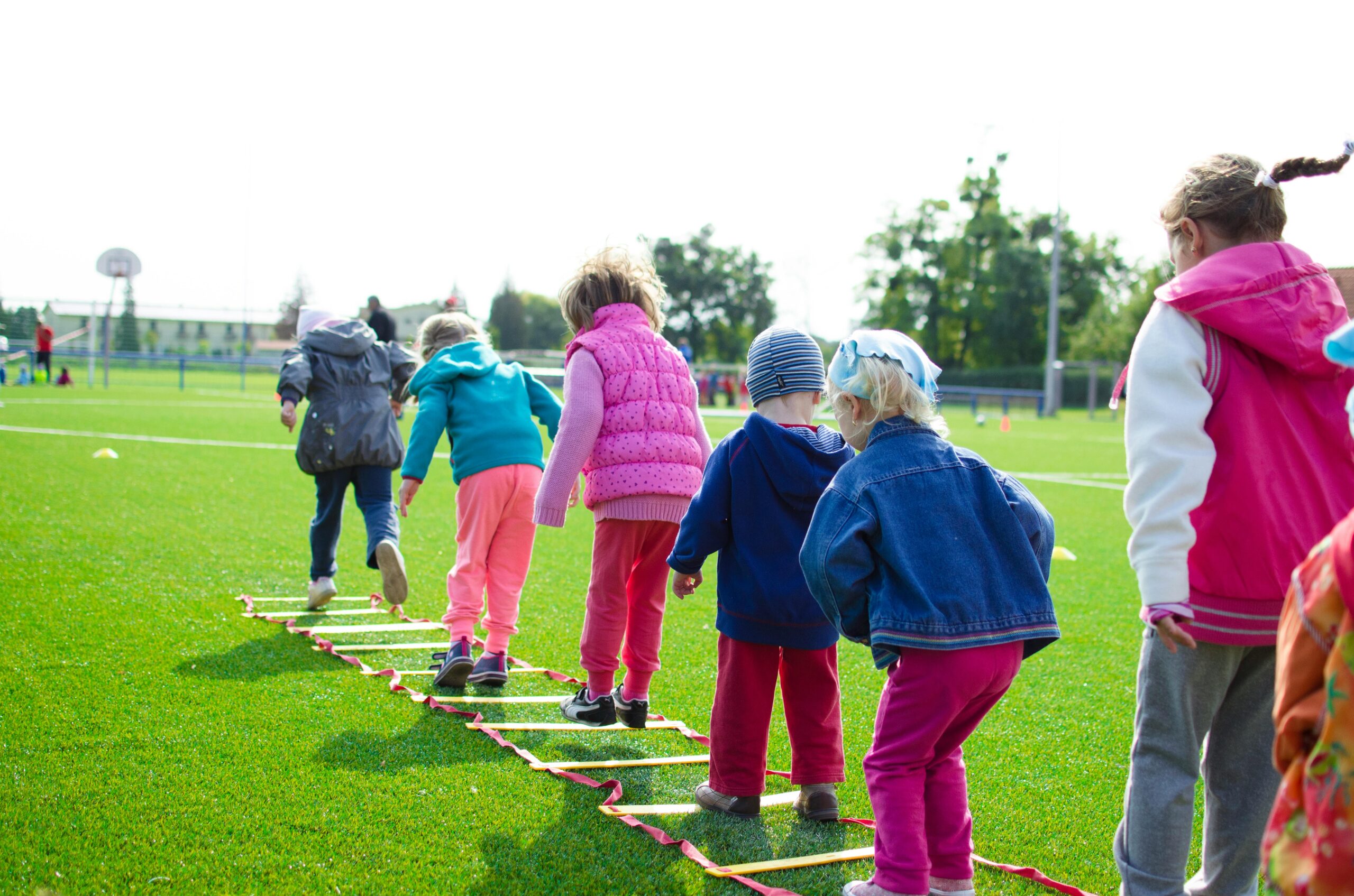Parenting is no longer just about mothers taking care of the household and children. Over the years, the role of fathers has evolved significantly. In today’s world, where gender roles are increasingly fluid, fathers are stepping up to take on more active and nurturing roles in raising their children. This shift not only benefits the child but also strengthens the family unit and brings a sense of fulfillment to fathers themselves.
The Changing Face of Fatherhood
Historically, fathers were seen as the breadwinners and disciplinarians, with limited involvement in the emotional and day-to-day care of their children. The societal norms dictated that men worked outside the home while women managed the domestic front. However, these traditional roles have changed due to factors such as increased workforce participation of women, cultural shifts, and a better understanding of child psychology.
Modern fathers are breaking stereotypes by being more present and engaged. They are not just supporting their families financially but also emotionally and mentally. From attending parent-teacher meetings to changing diapers and helping with homework, fathers today are taking on a more hands-on approach to parenting.
Benefits of an Active Father’s Role
The involvement of fathers in parenting has a profound impact on the child’s development. Here are some of the key benefits:
1. Emotional Well-being
Children with involved fathers are more likely to develop a strong sense of security and self-esteem. A father’s presence provides emotional stability, helping children manage stress and navigate relationships.
2. Cognitive Development
Research shows that children whose fathers actively participate in their upbringing tend to perform better academically. Fathers often encourage exploration and problem-solving, which are crucial for cognitive growth.
3. Social Skills
Fathers often bring a different perspective to parenting, which helps children develop better social skills. They learn how to communicate effectively, resolve conflicts, and build healthy relationships.
4. Gender Role Modeling
Active fathering helps break down traditional gender stereotypes. When children see their fathers cooking, cleaning, or nurturing, they grow up with a broader perspective on gender roles, fostering equality.
Challenges Fathers Face in Modern Parenting
Despite the increasing acceptance of active fatherhood, many men still face challenges in fulfilling this role. Some of the common obstacles include:
1. Workplace Demands
Balancing work and family life can be challenging for fathers, especially in demanding careers. Many workplaces still adhere to traditional norms, making it difficult for men to take paternity leave or flexible hours.
2. Societal Expectations
Societal pressures can discourage fathers from fully embracing their parenting role. Stereotypes about masculinity often prevent men from expressing vulnerability or engaging in caregiving tasks traditionally seen as “maternal.”
3. Lack of Role Models
For many men, the absence of a nurturing father figure in their own lives makes it harder to navigate their role as a parent. Without examples to emulate, they may struggle to define what fatherhood means to them.
4. Emotional Barriers
Cultural conditioning often teaches men to suppress their emotions. This can make it difficult for fathers to connect with their children on an emotional level, even if they want to.
Strategies for Being an Engaged Father
To overcome these challenges and become an effective parent, fathers can adopt the following strategies:
1. Prioritize Quality Time
Spending quality time with children is crucial for building strong bonds. Whether it’s playing a game, reading a book, or simply talking about their day, these moments create lasting memories and deepen the connection.
2. Share Responsibilities
Parenting is a team effort. Sharing responsibilities with your partner not only lightens the load but also sets a positive example for your children about teamwork and equality.
3. Be a Good Listener
Listening to your child’s thoughts and concerns fosters trust and open communication. It shows them that their opinions matter and encourages them to come to you when they need support.
4. Educate Yourself
Parenting is a learning process. Attend workshops, read books, or join support groups to better understand your child’s needs and how you can meet them effectively.
5. Advocate for Work-Life Balance
Speak to your employer about flexible working arrangements. Many companies are now recognizing the importance of work-life balance and offering benefits like paternity leave and remote work options.
Stories of Inspiring Fathers
The modern world is filled with inspiring examples of fathers who have redefined parenting. From stay-at-home dads who manage the household with finesse to working fathers who make time for bedtime stories, these men are changing the narrative around fatherhood.
Take the story of Arun, a software engineer in India, who decided to work from home to be more involved in his daughter’s upbringing. Despite initial skepticism from his peers, Arun’s active participation in his child’s life has brought immense joy to his family and set a positive example in his community.
Another example is David, a single father from the United States, who has mastered the art of balancing his career and raising his twins. His journey highlights the resilience and adaptability of fathers who take on parenting challenges head-on.
The Role of Fathers in Co-Parenting
In cases of divorce or separation, fathers often face additional hurdles in maintaining an active role in their children’s lives. Co-parenting requires cooperation, communication, and commitment from both parents. Fathers who prioritize their children’s well-being and maintain respectful relationships with their ex-partners can make a significant positive impact.
Conclusion
The role of fathers in modern parenting is indispensable. As societal norms continue to evolve, fathers have the opportunity to embrace a more active and nurturing role. By doing so, they contribute not only to the well-being of their children but also to creating a more equitable and compassionate world.
Fathers, whether they realize it or not, are shaping the future through their involvement. Every story, every lesson, and every moment shared with their children builds a foundation for the next generation. Let’s celebrate and support fathers in their journey of parenting—because their role truly matters.



